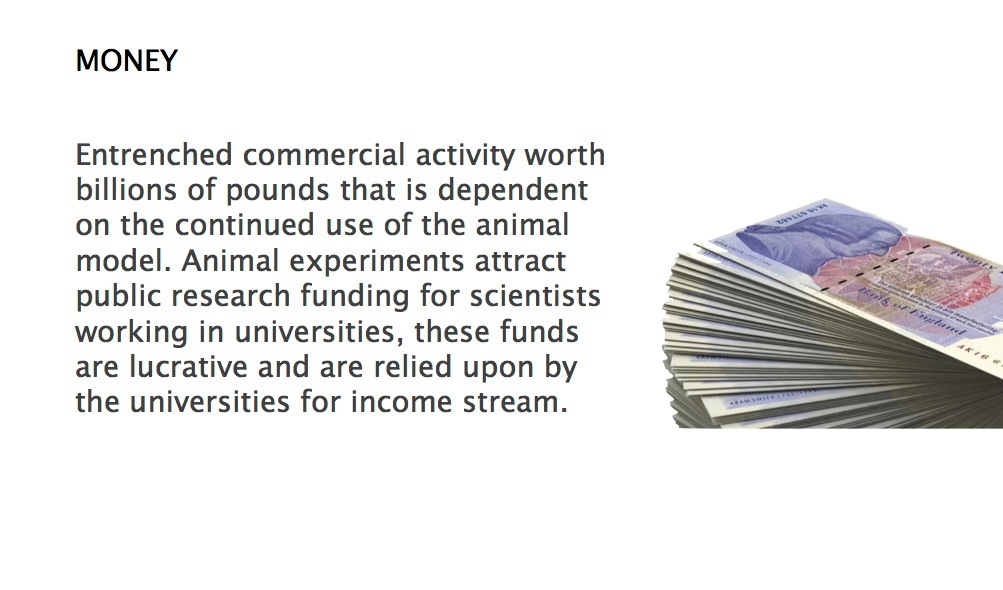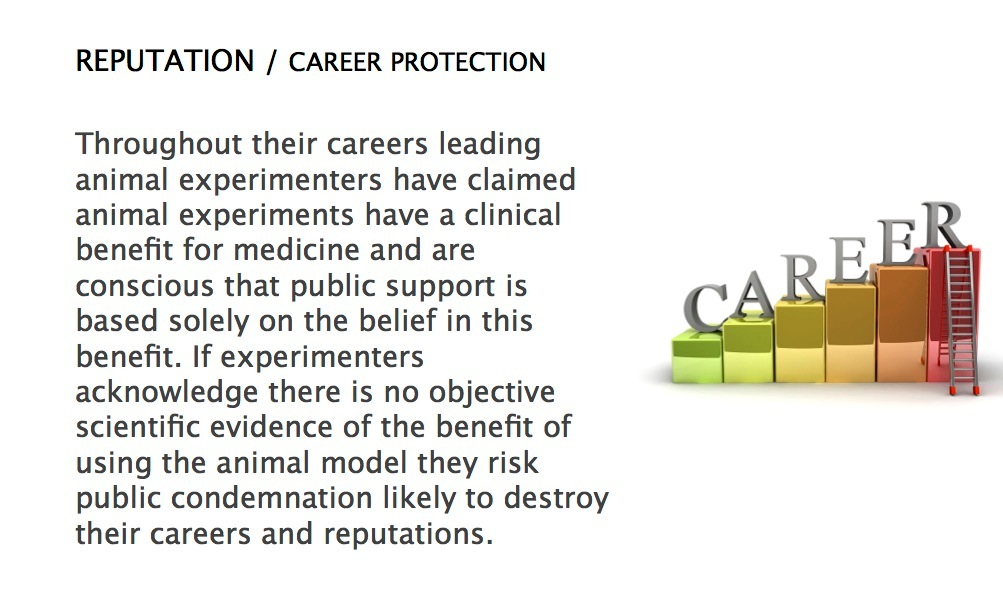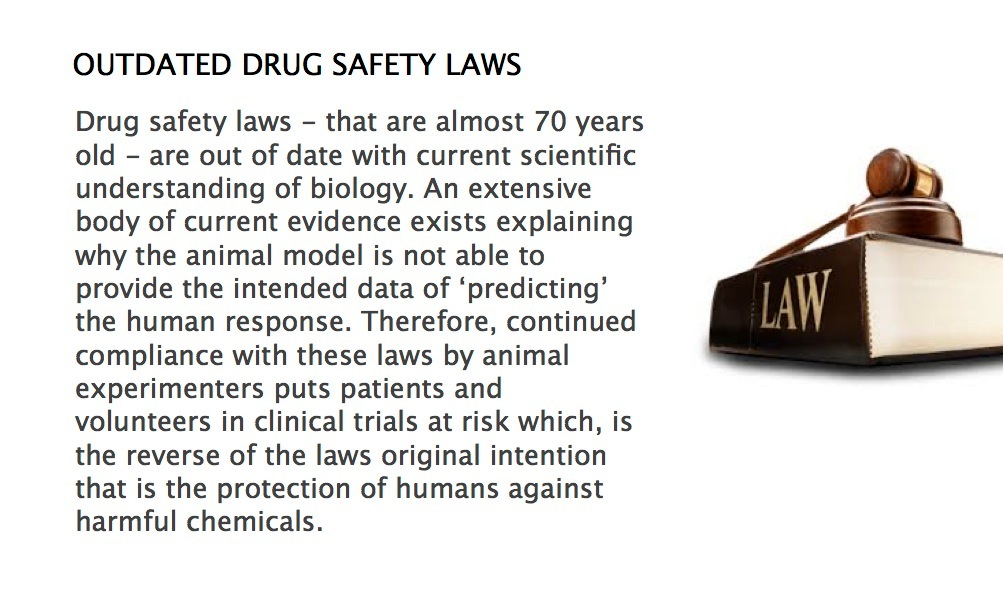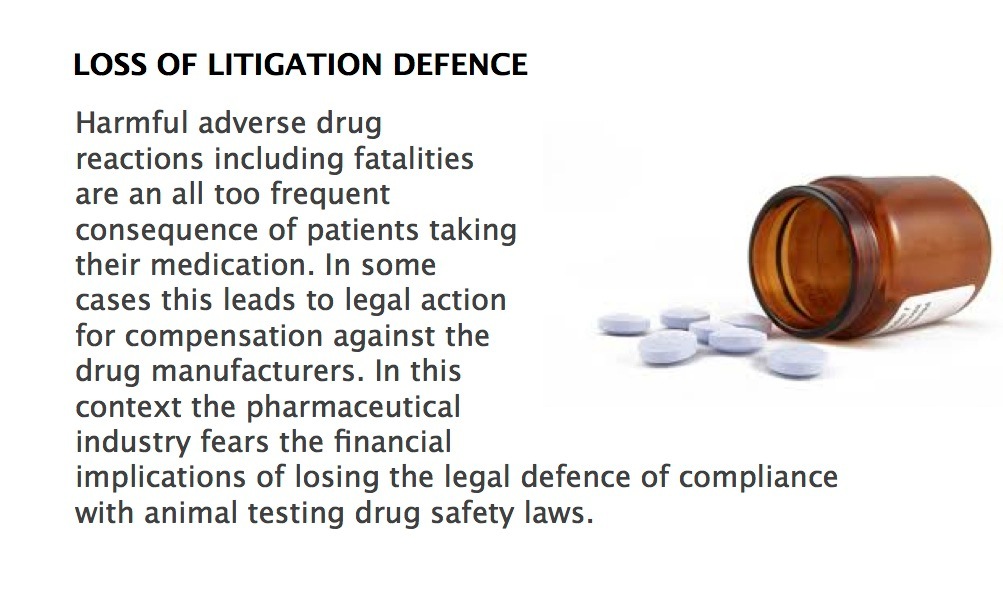The Problem
The substantial shift of emphasis by cancer research in recent years - that is to say from the research for cures to the search for ways of early diagnosis and promation of healthy lifestyles as a prevention - signals a resignation by cancer researchers of their failure to discover a cure.
Alzheimer's is a similar story. Incidences of Alzheimer's are steadily increasing the currently 820,000 sufferers in the UK in 2014. This figure is predicted to rise dramatically as the baby boomer generation age. The Alzheimer's Association envisage that by 2050 Alzheimer sufferers aged 64 plus will triple from 5 million to 16 million worldwide. As well as the huge personal cost, dementia costs the UK economy 23 billion pounds a year, more than cancer and heart disease combined.
In a recent study [5] scientists express concern that in the past ten years only one new Alzeimer's medicine has been approved with over 99% failure rate in drug trials for Alzheimer's. According to researchers the drug failure rate for Alzheimer's is much higher than for other diseases like cancer.
References:
1. Professor Donald E Ingber: Wyss Institute, Harvard University. 2014 Graeme Clark Oration. http://www.graemeclarkoration.org.au/the-2014-oration.html
2. Scannell, Blanckley, Boldon & Warrington Nature Reviews Drug Discovery 11, 191-200 (March 2012) 'Diagnosing the decline in pharmaceutical R&D efficiency'
3. Cooper, The Independent 03 Feb 2014. 'Tidal wave of cancer will sweep the globe in next 20 years, warn WHO scientists'
4. Cancer Research UK Annual reports and accounts
http://www.cancerresearchuk.org/about-us/how-we-are-run/annual-report-and-accounts
5. Lecia Bushak. Medical Daily. Jul 5, 2014
'99% Of Alzheimer's Drug Trials In The Past Decade Have Failed, And There’s An 'Urgent' Need To Improve Therapies'
6. (ABPI) Association of the British Pharmaceutical Industry
7. M. Herper. Forbes (8 Nov 2013) 'How Much Does Pharmaceutical Innovation Cost?'
8. Clinical development success rates for investigational drugs (2014) Nature Biotechnology, 321(1): 40-51
9. Scannell, Blanckley, Boldon & Warrington: Nature Reviews Drug Discovery 11, 191-200 (March 2012) Diagnosing the decline in pharmaceutical R&D efficiency
10. Godlee, How predictive and productive is animal research? F. BMJ 2014;348:g3719
11. Shanks, N and Greek R. Animal Models in Light of Evolution. Brown Walker 2009.
12. Professor Donald E Ingber: Wyss Institute, Harvard University. 2014 Graeme Clark Oration. http://www.graemeclarkoration.org.au/the-2014-oration.html
QUICK LINKS
Chronic Diseases On The Rise & No Cures
Many factors are at play here including over managed pharmaceutical company structures. However expert analysts conclude these only account for the margins of the problem. [9] A growing number of prominent international medical scientists and clinicians maintain the decline problem is the continued use of the traditional medical research practice which relies on the 'animal model' as a basis for researching human diseases, drug development and safety.
The term 'animal model' means that non-human animals are relied upon in experiments to scientifically predict the human response to chemicals and diseases. This assumption that the animal model can predict the human response originated in the Victorian Age but nearly 200 years later despite the lack of objective, testable evidence essential for a scientific endeavour, it continues in the 21st Century.
(see How predictive and productive is animal research? Fiona Godlee editor in chief, The British Medical Journal) [10]
Instead of evidence in support of their claims that the animal model is effective, experimenters give subjective anecdotes misrepresenting correlation as causation. Whilst in stark contrast there now exists objective testable evidence in the Trans-Species Modeling Theory of Dr Ray Greek MD [11] This theory is the result of radical advances in scientific knowledge that have produced a wealth of empirical evidence showing the physiological differences between species which invalidates the assumed 'prediction value' of animal experiments. The TSMT explains how and why the resulting data from experiments on non-human animals do not translate to the response of the human body.
Even CEO's of large pharmaceutical companies are resigned to this failure of the animal model when they say their vision for drug development is 'to fail quickly and cheaply! [12]
The Drug Development Model (Animal Model) Fails Patients and the Pharmaceutical Industry.
Professor Donald E Ingber
Founder of Wyss Institute, Harvard University

The number of people diagnosed with chronic diseases such as Alzheimer's and Cancer rise every year causing incalculable human suffering and spiralling NHS costs.
Meanwhile the number of medicines invented has halved every nine years even though funding has vastly increased. [2] According to the World Heatlh Organisation cancer is the second leading cause of death affecting all people; the young and old, the rich and poor, men, women and children.
Here is the non-scientific reasons that explain why animals are still claimed useful as 'predictive' for humans in medical research, despite their proven scientific invalidity.
So why does mainstream human medical research continue to rely on the animal model?
The Solution
14.1 million new cancer cases were reported worldwide in 2012 and the WHO's latest World Cancer Report 2014 predicted a rising trend each year so that by 2035 there will be 24 million new cases. [3] Annual deaths from cancer are predicted to almost double from 8.2 million to 14.6 million.

On The Rise
Meanwhile, every year for many decades hundreds of millions of pounds have funded cancer research organisations in the UK, including over 500 million pounds per year is donated to the UK's largest Cancer Research Charity. [4] Yet no cure for cancer has been discovered and the prognosis of cancer remains dismal.
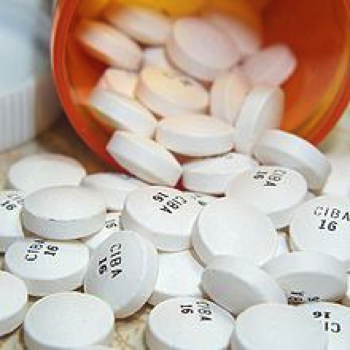
The development of a new pharmaceutical drug takes between 12 - 15 years. [6]
It costs billions of pounds to bring a new drug to market e.g. Astra Zeneca spend 5.7 billion pound per drug. [7]
Nineteen out of twenty experimental drugs fail in clinical studies because experiments on animals cannot predict how the drug will behave in humans. 95% of drugs tested on animals fail. [8]
In addition to failing patients, this decline in pharmaceutical R&D efficiency fails the UK economy and the capacity of the UK Life Sciences to be compatitive globally against emerging markets.
Drug Development Data.
Why is There a Decline in Pharmaceutical Research & Development Efficiency?
Cancer Research Resigned to Failure to Discover Cures.

